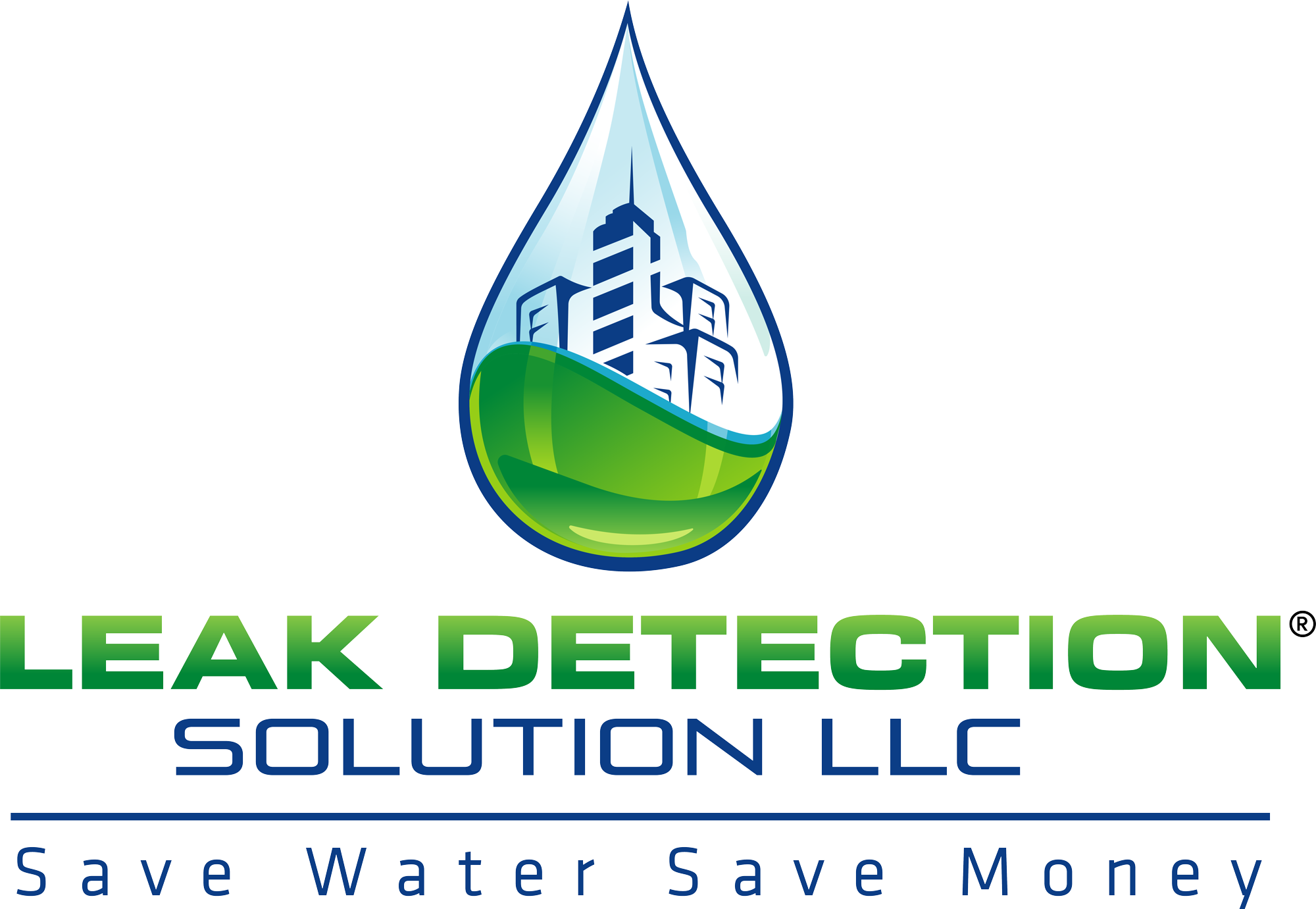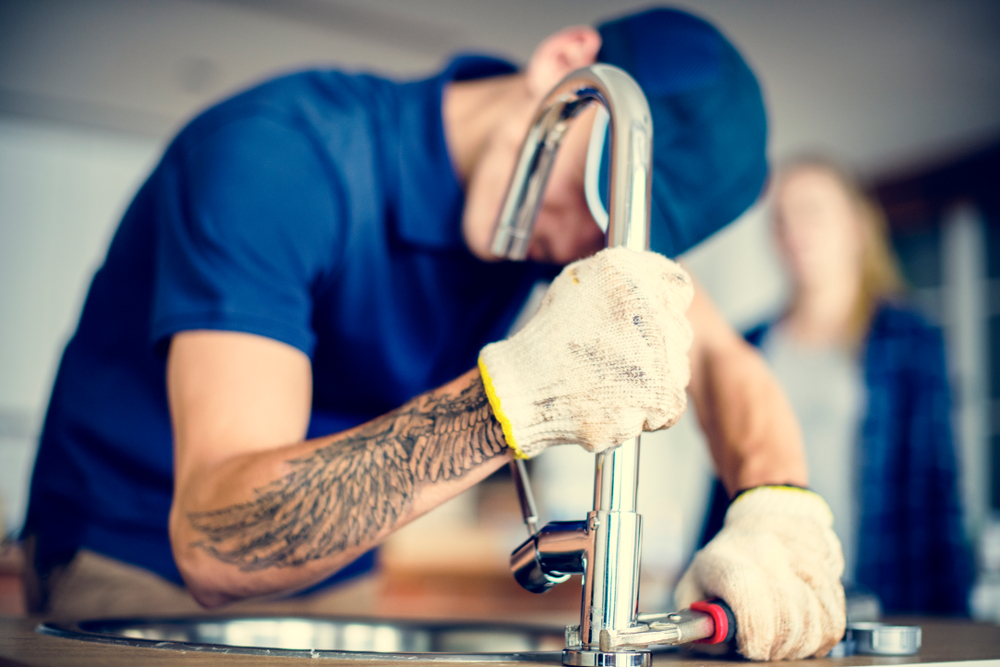Plumbing issues are an unavoidable part of homeownership and property management. From minor leak repair to extensive plumbing overhauls, having a foundational understanding of how to approach these problems can save you both time and money. Whether you’re facing a sudden pipe burst or a dripping faucet that’s been bothering you for weeks, understanding the basics of plumbing repair will prepare you to act efficiently and avoid further damage. This guide walks you through what every homeowner or tenant should know about handling plumbing issues with confidence.
Common Plumbing Problems
Every plumbing system, no matter how modern or well-maintained, is susceptible to wear and tear. Some of the most common problems homeowners encounter include leaky faucets, running toilets, clogged drains, and low water pressure. These issues might seem small at first, but they often signal deeper concerns in your system. For instance, a leaky faucet isn’t just an annoyance—it’s a sign of worn-out washers or corroded valve seats. Even a seemingly insignificant leak can waste gallons of water over time and inflate your utility bills.
Drain clogs, another frequent issue, occur due to the buildup of soap scum, hair, grease, or foreign objects. While minor blockages can often be cleared with a plunger or a chemical drain cleaner, recurring clogs might require professional intervention to inspect for deeper obstructions or damaged pipes. Similarly, running toilets not only waste water but may indicate problems with the flapper valve, the float mechanism, or the fill tube.
Low water pressure could point to sediment buildup in aerators or more significant plumbing infrastructure issues such as hidden leaks or pipe corrosion. Regardless of the symptom, it’s essential to treat every plumbing problem seriously. Delaying even minor leak repair can escalate the damage, requiring more expensive and extensive plumbing repair down the road.
The Importance of Timely Leak Repair
When water is leaking where it shouldn’t be, time is of the essence. Leak repair should never be postponed. Even a slow drip from a pipe or faucet can eventually lead to major water damage, mold growth, and structural issues within your home. Mold, in particular, thrives in damp environments and can start to grow in as little as 24-48 hours. Once mold takes hold, remediation becomes significantly more complicated and costly.
Leaks aren’t always easy to detect. Some are visible, such as puddles under a sink or water stains on the ceiling. Others, like leaks inside walls or under floors, are harder to find and require the keen eye of a professional plumber or specialized equipment such as infrared cameras or acoustic listening devices. Regularly inspecting visible pipes, monitoring your water bill for unexpected spikes, and being alert to musty odors or discoloration on walls and ceilings can help you catch problems early.
Fixing a leak promptly not only prevents further damage but also conserves water and reduces your utility costs. In regions where water scarcity is an issue, leak repair becomes not just a financial priority but also an environmental responsibility. Therefore, approaching plumbing repairs with urgency and attention is vital to maintaining a safe, efficient, and cost-effective household.
Approaching Plumbing Repairs: DIY or Professional Help?
The decision of whether to tackle a plumbing repair yourself or call in a professional largely depends on the nature and severity of the problem. For straightforward tasks like unclogging a drain or replacing a showerhead, a confident DIY approach can suffice. These minor jobs often require only basic tools and readily available parts from your local hardware store. However, even seemingly simple tasks can go awry without the proper knowledge or experience.
When it comes to more complicated issues such as replacing sections of piping, fixing broken water heaters, or diagnosing low water pressure, professional help is usually the best option. Improper repairs can lead to code violations, insurance issues, or even exacerbate the problem. Plumbers are trained to assess and solve issues efficiently, often spotting underlying causes that a non-professional might overlook.
Another aspect to consider is local building codes and permit requirements. Certain plumbing jobs—especially those involving sewer lines, main water supply lines, or gas lines—require permits and must meet local regulatory standards. Licensed plumbers are familiar with these rules and can ensure that all work is up to code, potentially avoiding costly fines or mandatory rework in the future.
If you do decide to go the DIY route, make sure you do thorough research and invest in the right tools. Also, always turn off the water supply before beginning any plumbing repair to avoid unintended flooding. Resources like online tutorials, books, and community forums can be helpful, but they are not substitutes for professional training or expertise.
Preventative Maintenance and Long-Term Solutions
One of the best ways to reduce the need for emergency plumbing repair is through routine maintenance. Preventative care not only helps extend the life of your plumbing system but also minimizes the risk of sudden breakdowns. Regularly cleaning out drains, flushing the water heater, inspecting pipes for corrosion, and checking water pressure are all effective ways to stay ahead of potential issues.
Water quality can also have a significant impact on your plumbing system. Hard water, which is high in minerals like calcium and magnesium, can cause scale buildup inside pipes and appliances. Over time, this buildup can restrict water flow and damage components. Installing a water softener can mitigate this problem and improve the performance and longevity of your plumbing infrastructure.
Another often-overlooked aspect of preventative maintenance is temperature management. During colder months, exposed pipes are at risk of freezing and bursting. Insulating these pipes and keeping a consistent indoor temperature can prevent costly winter plumbing disasters. Similarly, excessive heat can stress certain materials, so ensuring proper ventilation and insulation in warmer climates is essential.
Approaching plumbing repairs from a long-term perspective means not just reacting to problems but investing in the health of your entire system. Upgrading old fixtures, using high-efficiency appliances, and replacing outdated pipes with modern materials like PEX or copper can significantly improve your home’s resilience to future issues.
Choosing the Right Plumbing Professional
When the need for professional help arises, choosing the right plumber can make all the difference. Not all plumbing services are created equal, and doing your due diligence will ensure quality work and peace of mind. Look for licensed, bonded, and insured professionals who offer transparent pricing and are willing to provide references or reviews. Online platforms, local business directories, and word-of-mouth recommendations can help you narrow down your choices.
Experience and specialization also matter. Some plumbers focus primarily on residential services, while others specialize in commercial or industrial plumbing. Make sure the contractor you choose has experience dealing with the specific type of plumbing repair you require. For example, repairing a sewer main or handling complex leak detection may demand different expertise than replacing a kitchen faucet.
Customer service is another critical factor. Responsive communication, clear explanations of the issue and solution, and a willingness to answer your questions indicate a trustworthy professional. Beware of contractors who offer unusually low estimates or push for extensive repairs without clear justification.
Additionally, inquire about warranties and guarantees. A reputable plumber will stand by their work and offer assurances in case issues arise after the repair. This not only protects your investment but also reinforces the credibility of the service provider.
Approaching plumbing repairs with the support of a qualified and dependable expert ensures that your home’s plumbing system is safe, efficient, and durable. It also alleviates the stress that often accompanies unexpected issues, allowing you to focus on the comfort and functionality of your living space.
Conclusion
Understanding how to manage and respond to plumbing problems is an essential life skill. By staying informed, acting quickly, and knowing when to seek professional help, you can handle plumbing repairs with confidence and care. Whether you’re fixing a leak, unclogging a drain, or replacing aging pipes, approaching plumbing repairs with preparation and awareness will serve you well for years to come.
Need a Professional Plumber in Near You?
Here at Leak Detection Solution LLC, we’ve proudly served Florida’s communities since 2013 with a commitment to excellence in plumbing, drainage, and water heater services. Our team of experienced professionals, with over 25 years of combined expertise, is dedicated to providing dependable solutions for residential, industrial, and commercial needs. Whether you’re in Sarasota, Charlotte, or Manatee County, we’re here to help you tackle any plumbing challenge. Don’t hesitate to reach out to us for reliable, top-notch service—contact us today and let our seasoned team provide the solutions you need!







